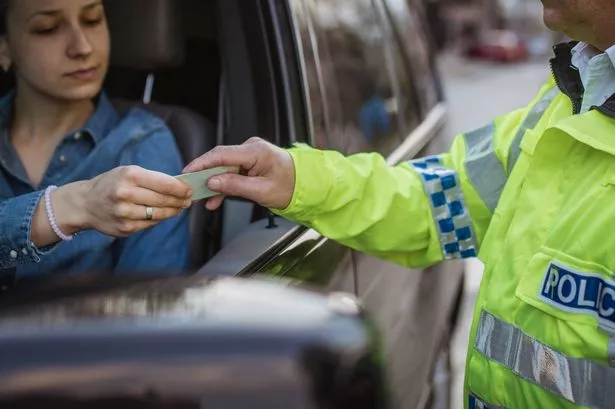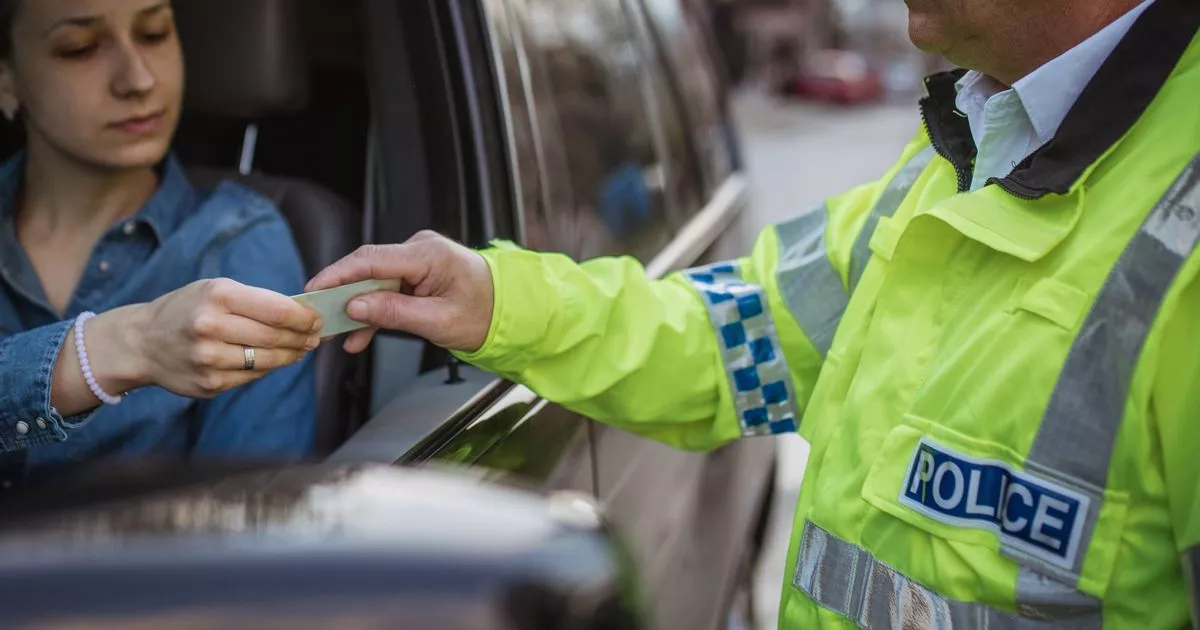Some common over-the-counter medicines could impair your ability to drive and it’s necessary to be aware of potential side effects Some over-the-counter medications are not safe to drive with(Image: South_agency via Getty Images)
Some over-the-counter medications are not safe to drive with(Image: South_agency via Getty Images)
Drivers are being warned to be mindful of the medication they consume prior to getting behind the wheel. Certain readily available over-the-counter drugs could compromise driving capabilities, and it’s crucial to stay informed about any potential adverse reactions.
Warnings are particularly being directed at travel sickness pills, a pertinent issue as numerous families set off on summer excursions or make their way to airports for holiday getaways, with travel sickness remedies in tow. It is essential to scrutinise any medication for side effects that might be listed. Medications that can cause sleepiness or impact concentration should be recognised as a risk to safe driving.
Individuals unsure about how a medicine might affect them are advised to seek guidance from a healthcare professional or pharmacist. Specifically, travel sickness medications containing hyoscine hydrobromide could impair one’s driving abilities.
We have a dedicated newsletter for ChronicleLive’s money-saving and cost of living stories. It’s free and you can sign up to receive it here. It will keep you up to date with all the latest money news and budgeting tips as well as stories on the cost of living crisis in our region.
Should an accident occur while under the influence of such medicines, the driver could be liable for charges of dangerous or careless driving. Consequences of these offences can be severe, ranging from fines and points on one’s licence to a driving prohibition or even criminal prosecution in serious cases, reports the Mirror.
A motoring expert from Bumper has issued a stark warning: “Driving while experiencing side effects such as drowsiness, dizziness, or blurred vision could lead to a £1,000 fine for not having proper control of the vehicle or a clear view of the road ahead.
“If you’re uncertain about whether it’s safe to drive following the consumption of travel sickness tablets, it’s crucial to seek advice from a medical professional or chemist before taking to the road.”
How to ward off travel sickness using natural methods.
To sidestep dependence on pharmaceutical remedies, Bumper suggests these strategies to help ward off travel sickness through natural means:. The NHS website explains regarding hyoscine hydrobromide: “It is a travel sickness medicine that belongs to a group of medicines called anticholinergics or antimuscarinics.
“It’s thought to work by affecting your inner ear and your brain to control vomiting. It also relaxes the muscles in the walls of your stomach. Hyoscine hydrobromide comes as patches that you stick to your skin and tablets that you suck, chew or swallow.
“It can also be given by injection, but this is usually only done in hospital. It is given to reduce the amount of saliva in your mouth which can help with symptoms if you’re having palliative or end of life care.
“You can buy the tablets and patches at pharmacies.”

